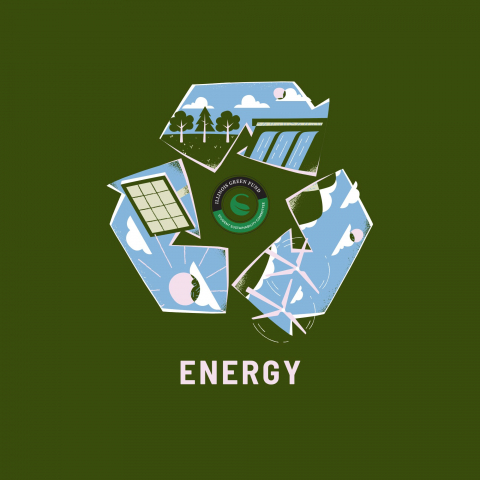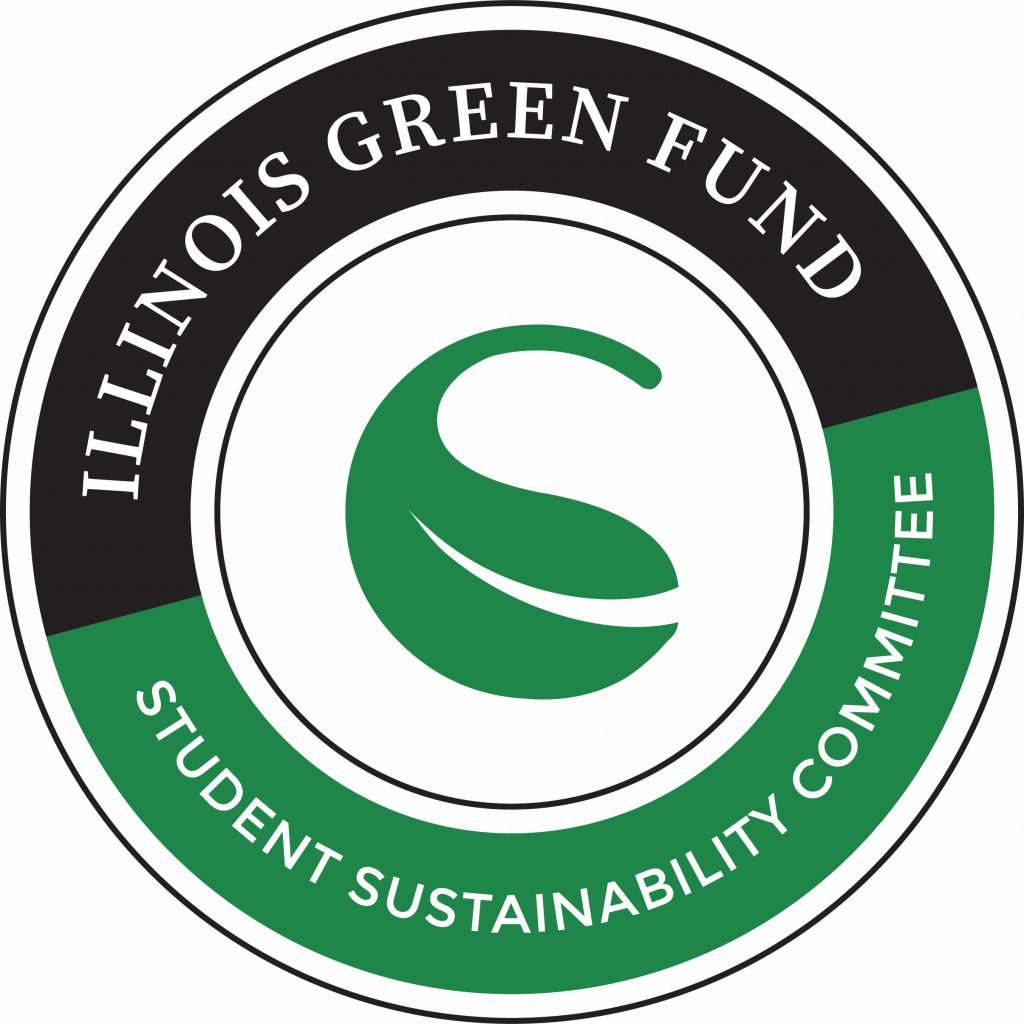You are here
- Home
- Anaerobic Digester Pilot Study
Anaerobic Digester Pilot Study
Project Description
Food waste is the second largest category of municipal solid waste (MS\Xl) sent to landfills in the United States, accounting for approximately 18% of the waste stream. Agricultural and garden wastes comprising of wood and yard trimmings come next in the list, accounting for approximately 15% of the waste stream. At the U of I campus as well, about 100-120 gallons of food waste is generated from one dining hall unit per week. That is roughly 0.5 cubic yards/week currently.
Anaerobic digestion occurs naturally, in the absence of OA'Jgen, as bacteria break down organic materials and produce biogas. The process reduces the amount of material and produces biogas, which can be used as an energy source. This technology is commonly used throughout the United States to break down sewage sludge at wastewater treatment facilities. In the past few years, there has been a movement to start adding food waste to anaerobic digesters already in place at wastewater treatment facilities.
This proposal will provide setup costs for a pilot test of an anaerobic digestion process to
determine if a full-scale digester prototype is feasible.
No description has been provided yet.
Funding Details

SSC Basic Info
Associated iCAP Portal Project(s)
SSC Project Team
Project Lead:
Financial Advisor:
Team Members:
- Abhishek Dhoble
- Michael Stablein
Project Application
Project Award Letter

